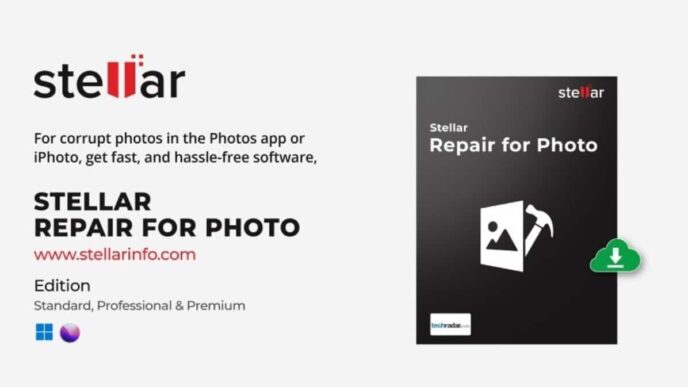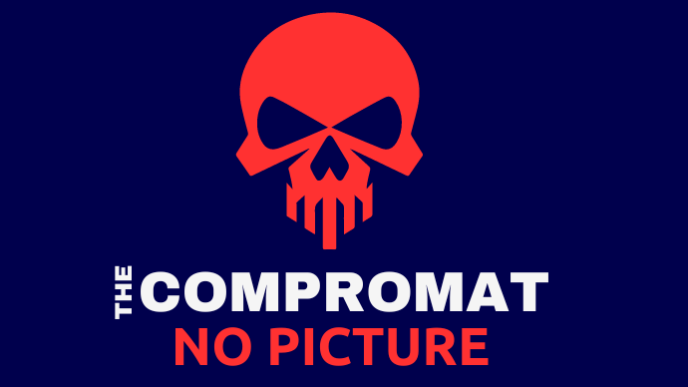The technology industry loves its buzzwords. For 2023, ideas surrounding artificial intelligence, metaverse, and a digital immune system are the most likely to find their way into social media feeds. Yet, so many of these inventions (and their elegant names) may not make it to the end of this year, let alone into 2024. A good example from recent months is NFTs, whose fragile bubble finally burst.
The super-app is another one of these buzzwords. A barely believable idea that has dominated Asian living for quite some time now, the super-app is loosely defined as an app that does everything. It could allow users to shop online, pay bills, interact with the government, and even work on projects without ever having to use another piece of software. Put another way, it does everything a smartphone can – but within the confines of an app.
A good example from China is WeChat, something that the Guardian recently described as having such an overbearing influence on regular life that cities are “nearly impossible to navigate” without it. So, given that WeChat launched more than a decade ago, in 2011, how can the super-app concept be described as new? Well, it’s only “new” in the West. It has yet to make it over to English-speaking shores.

The idea of a super-app implies an enormous amount of corporate control, which is unlikely to sit right with Western people, according to Harvard Business Review. Mark Zuckerberg and Elon Musk have been dreaming about a super-app for a long time yet both have failed time and again to make the idea popular. Meta’s mix of Facebook, WhatsApp, Instagram, and the Metaverse is a super-app in pieces, for instance.
Anti-trust
Regular apps are one of the tech industry’s biggest success stories – and many have achieved a microcosm of the super-app.
While Amazon splits all its services up into several sub-apps, entertainment companies offering different categories routinely have them all beneath the same roof. The NJ casino app for Playstar has several types of games accessible from its main menu. These include the standard casino games, like craps and slots, as well as innovative experiences like live lobbies, which utilize streaming technology.
However, the problem with super-apps isn’t so much what they can cram into one app, it’s that a) they’re an affront to competition; and b) that they provide a single entity with a human-sized amount of data, inclusive of anything personal that can be quantified.
In the second case, apps that do everything inevitably require information to function. With just the capability to book flights and shop for clothes, a business could end up with credit card and passport information, addresses, clothing sizes, and insights into hobbies, pets, and all sorts of other things. Of course, this is the kind of thing that Amazon and Google do already but US anti-trust authorities prevent them from taking a Tencent-level of control – usually.
To quote HBR, apps may well become “super-ish” in the future but, in this age of GDPR and handwringing over personal data, consumers may not let such an obvious example of corporate overreach into their daily lives.















